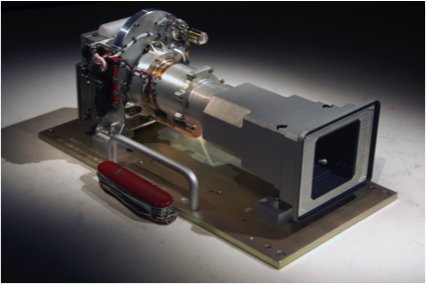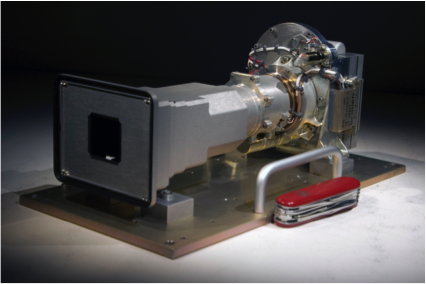Introduction
The Mars Science Laboratory Curiosity rover has monitored the Martian environment in Gale crater since landing in 2012. This study reports the record of optical depth derived from 440 nm and 880 nm images of the Sun. Aerosol optical depth, which is mostly due to dust but also includes ice, dominates the record, with gas optical depth too small to measure. The optical depth record includes the effects of regional dust storms and one planet-encircling dust event, showing the expected peaks during southern spring and summer and relatively lower and more stable optical depth in fall and winter.
References -- See User's Guide
Documentation
User's Guide
Accessing the Data
Opacity Bundle
The Data
To retrieve the data, access the Compressed Data File Citing datasets for publication
PDS recommendations for citing data sets can be found here
The citation: Lemmon,M.T. et al. (2024). The Mars Science Laboratory Record of Optical Depth Measurements vis Solar Imaging, NASA Planetary Data System, https://doi.org/10.17189/fjh0-2978
 PDS: The Planetary Atmospheres Node
PDS: The Planetary Atmospheres Node



